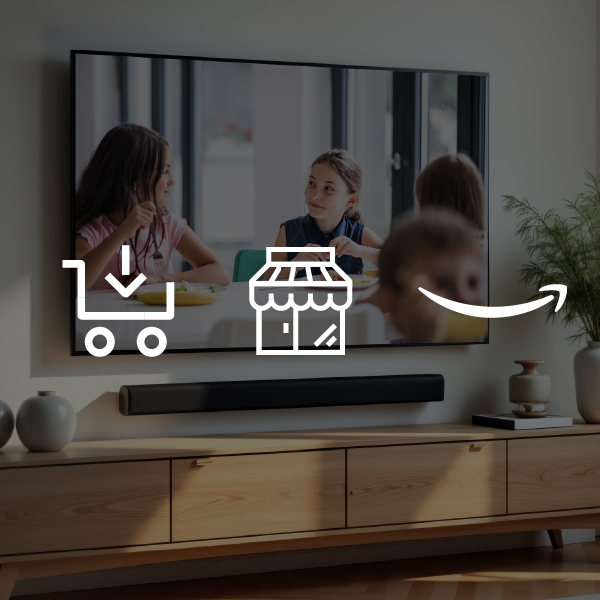
eMarketer TV & Digital Video Trends Roundup
Usually exclusive to eMarketer subscribers, Tatari has sponsored their latest roundup of the latest industry research to help you understand the shifting trends in TV and digital video. This is a must-read for any marketer planning their TV & Video strategy for 2021.
A quick sneak peek:
This year, US average time spent with subscription OTT video content will surpass 62 minutes per day, up 23% from 2019.
Download “TV & Digital Video Trends 2020 Roundup” to explore:
Where advertisers are reallocating sports ad spending amid the cancellation of College sports
How the TV advertising landscape has changed during the pandemic (buying, measurement, linear and streaming TV strategy)
Which trends are driving the spike in time spent with OTT
How US TV upfront ad spending will change in 2020-2021
Related
Conversations on the Croisette: Tatari Explores the Future of TV Media Buying at Cannes
Speaking at this year’s Cannes Lions, Tatari took the stage to show that performance TV can be both measurable and creative—all while leveraging AI to plan smarter and drive stronger results.
Read more
Is Dynamic Ad Insertion Reality or BS? Publishers Weigh In
Can Dynamic Ad Insertion (DAI) really change how we watch TV ads? Publishers say it’s the future. Discover why DAI could rewrite the rules of TV advertising.
Read more
How A Leading CPG Brand Used TV to Drive Sales on Amazon and in Stores
Read how a leading CPG brand partnered with Tatari to employ geo-testing and an Amazon sales analysis to measure how their TV ads influenced all sales channels.
Read more


